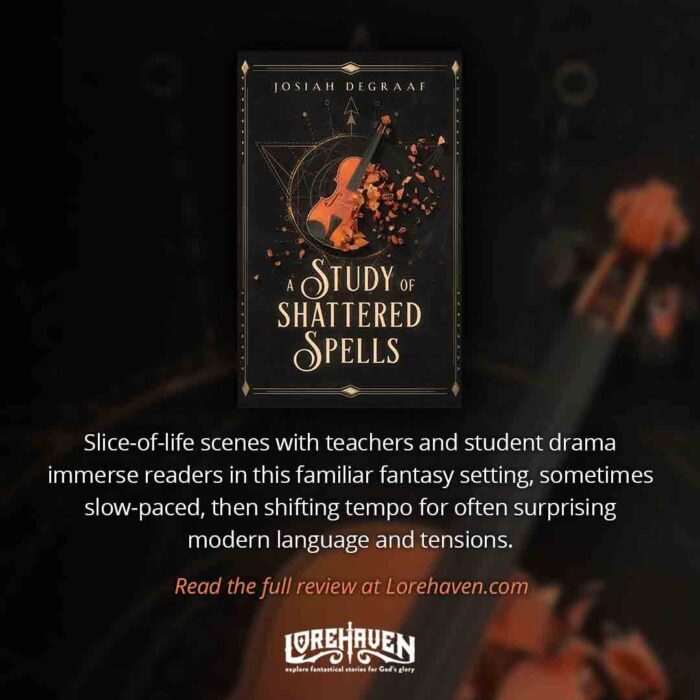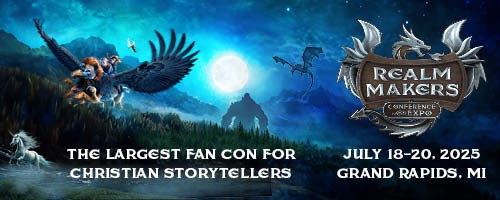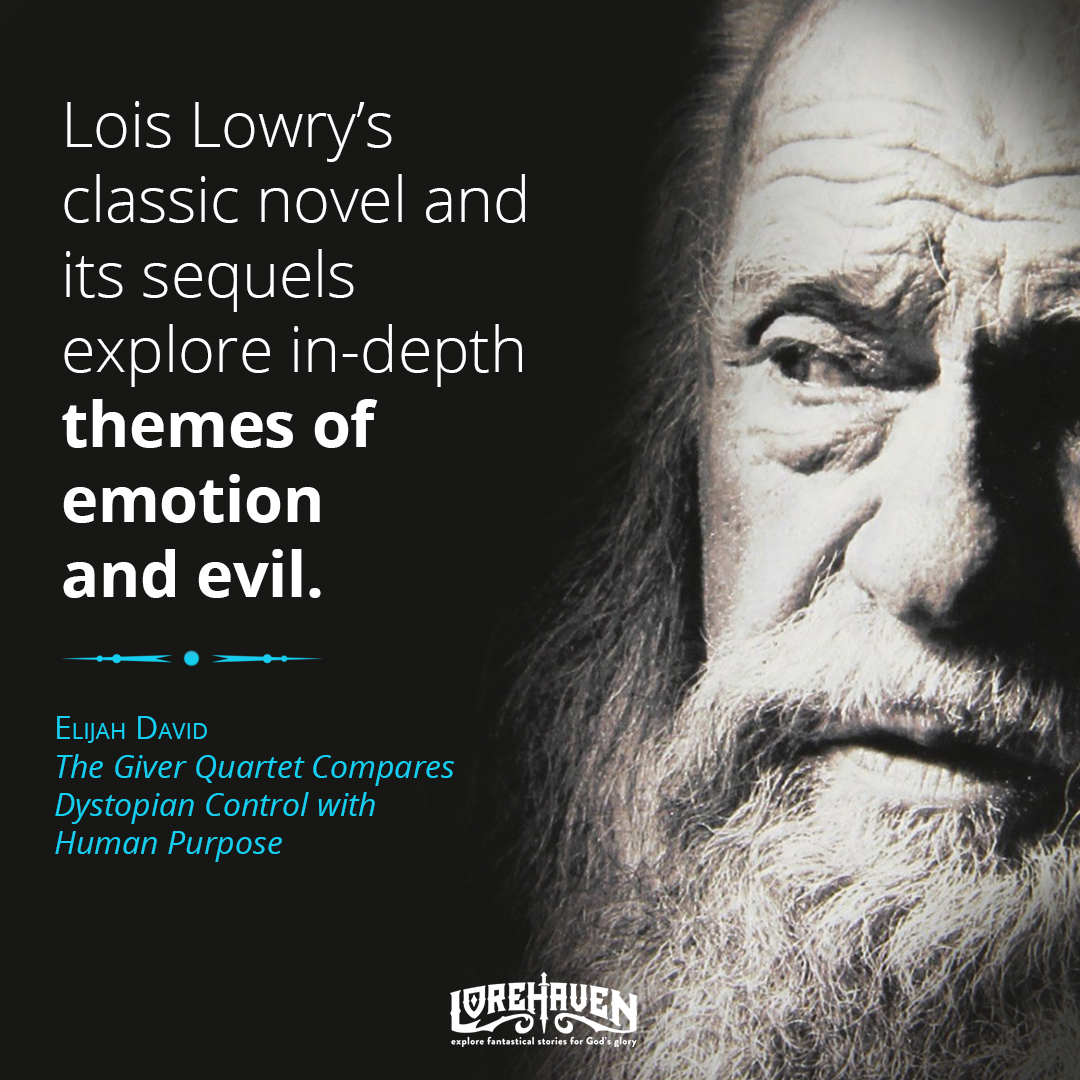The Giver Quartet Compares Dystopian Control with Human Purpose
Sometimes the best novels about dystopian futures push us to ask big questions.1 One such story that keeps me challenged about difficult subjects is Lois Lowry’s The Giver, along with its companion/sequel novels Gathering Blue, Messenger, and Son.
The Giver quartet explores big themes in small dystopias
First, let’s recap the story. The Giver follows young Jonas. He lives in a society where people are content and happy, free from war, hunger, and most disease. Elders select lifetime jobs for each person at age twelve, with no exceptions or returns.
Jonas is assigned to be the next Receiver. This is a mysterious and special task because there is only ever one Receiver, apprenticed to the Giver, retainer of all memories before the Community. These include nature’s beauty, religion, war, pleasure, and pain—the collected memories too dangerous or bothersome for the populace. They remain with the Giver until he passes them to the Receiver.
As Jonas receives these ancient memories, his world changes. His vision turns from monochromatic to color. He also gets permission to stop taking emotion-blocking pills—here, Lowry explores the nature of human feelings and sexual awakening.
The Giver presents complex themes that inhabit all literature, not just dystopian stories. Lowry extols life’s value, evidenced by Jonas’s reaction to the suggestion that Gabe, an infant cared for by Jonas’s family, might be “Released” (killed) because he isn’t growing at the community-required rate. The Giver invites readers to question the morality of these drastic actions for the sake of society’s “greater good.”
Lowry continues this theme in Gathering Blue. This story follows a young girl, Kira. Her community acts opposite of The Giver’s technologically based society. Gathering Blue’s world is rural and near-feudalistic. Both societies, however, disregard less-than-perfect people and things. Kira’s twisted leg would ordinarily make her life forfeit, but others stood by her and defended her right to life.
Messenger follows characters from Gathering Blue while revealing the fates of two characters from The Giver.
Finally, the loose quartet’s fourth book, Son, fills in some timeline gaps. Its story is seen by a character who is (from Jonas’s vantage), absent or even nonexistent. Son then moves to a less-than-thrilling middle and a fun, loose-ends-tying finale that makes Son chronologically the quartet’s first and last book.
Trademaster swaps physical infirmities for spiritual death
The Giver’s elders have left religion in the past, while Gathering Blue’s community has turned their own history into a neo-religion.
Messenger and Son show little religious beliefs apart from spirituality related to the Trademaster. He’s a trickster who trades with people the things they want for things they’re willing to give up, but didn’t realize they would have to. For instance, Mentor trades his birthmarks and other physical defects to pursue an attractive woman. But he also surrenders the compassion that grew from his deformities.
That’s a theme Christians know well—that God sovereignly and often subtly uses our personal weaknesses and trials, working all things for good and to serve him.
Son expands and narrows Trademaster’s role. He transforms from minor devil or trickster to a full representation of Evil (and to some extent, death). Now he makes too-good-to-be-true trades with people. He also opposes Claire, taking diabolic glee in keeping her from recognizing and reuniting with her son.
Humans long for purpose, even if we don’t know why
The Giver and its sequels celebrate human life, even for humans considered too young, old, or “imperfect” for a materialist society.
These books also assume that people have purpose in life, even if their purpose defies cultural expectations (like Jonas in The Giver) or the person’s own idea (like Mattie in Messenger). Lowry never attributes the origin of purpose to God. Still, her series portrays purpose as transcendent to man.
In book 3, Messenger, Leader offers each member of Village a special Name based on what he knows about them. The community believes Leader’s knowledge comes from somewhere outside of Leader, not from within his own mind.
By contrast, Trademaster delivers the series’ most explicit spiritual content. In Messenger he becomes the embodiment of jealousy and covetousness, and later in Son he portrays evil and death. His role allows the characters to discover sacrificial love for others. For one hero, this sacrifice is directly similar to Christ’s death. But two other heroes are willing to die for each other, showing greater love that ultimately saves them from evil and death.
The communities in The Giver and its sequels reflect real-world differences between God-given purpose and tyrannical human control. The communities of Jonas, Kira, and Claire try to restrain human nature with dystopian control. Only in Christ can we find our true purpose and true names.2 As we face life’s many obstacles, from the world and our own hearts, we must cling to his calling.
- This article was first published in August 2014. We’ve made edits for re-release. ↩
- See Revelation 2:17. ↩

































Share your fantastical thoughts.